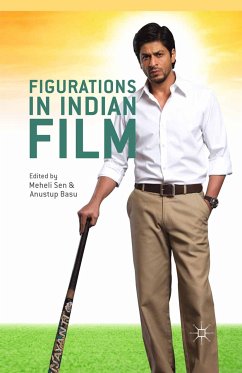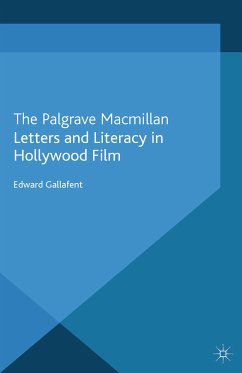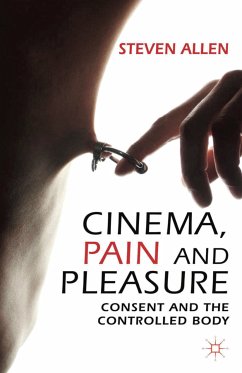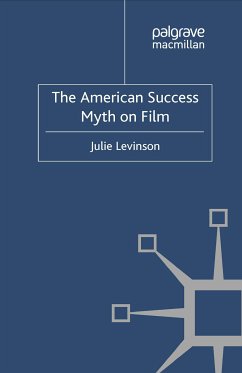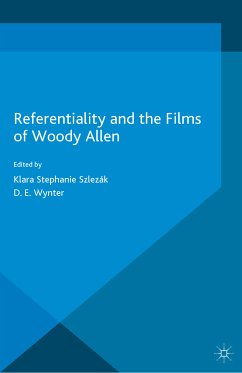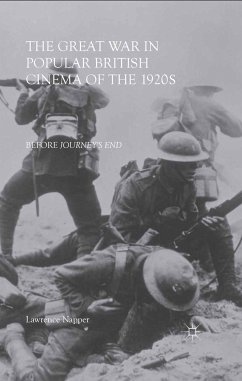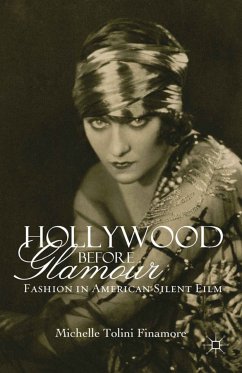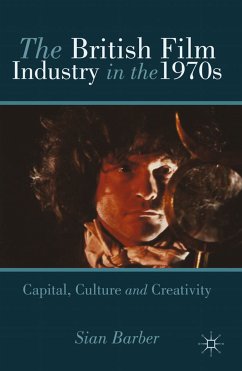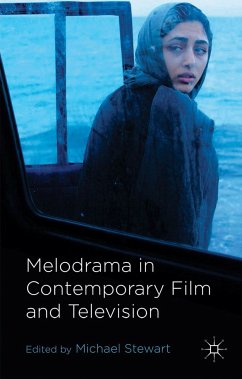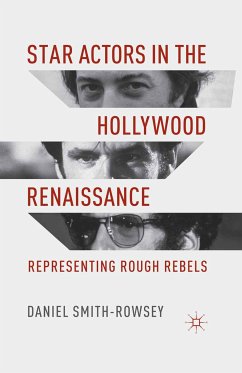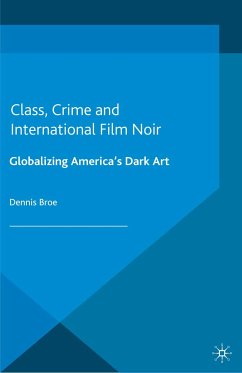
Class, Crime and International Film Noir (eBook, PDF)
Globalizing America's Dark Art
Versandkostenfrei!
Sofort per Download lieferbar
40,95 €
inkl. MwSt.
Weitere Ausgaben:

PAYBACK Punkte
20 °P sammeln!
Class, Crime and International Film Noir argues that, in its postwar, classical phase, this dark variant of the crime film was not just an American phenomenon. Rather, these seedy tales with their doomed heroes and heroines were popular all over the world including France, Britain, Italy and Japan.
Dieser Download kann aus rechtlichen Gründen nur mit Rechnungsadresse in A, B, BG, CY, CZ, D, DK, EW, E, FIN, F, GR, HR, H, IRL, I, LT, L, LR, M, NL, PL, P, R, S, SLO, SK ausgeliefert werden.



